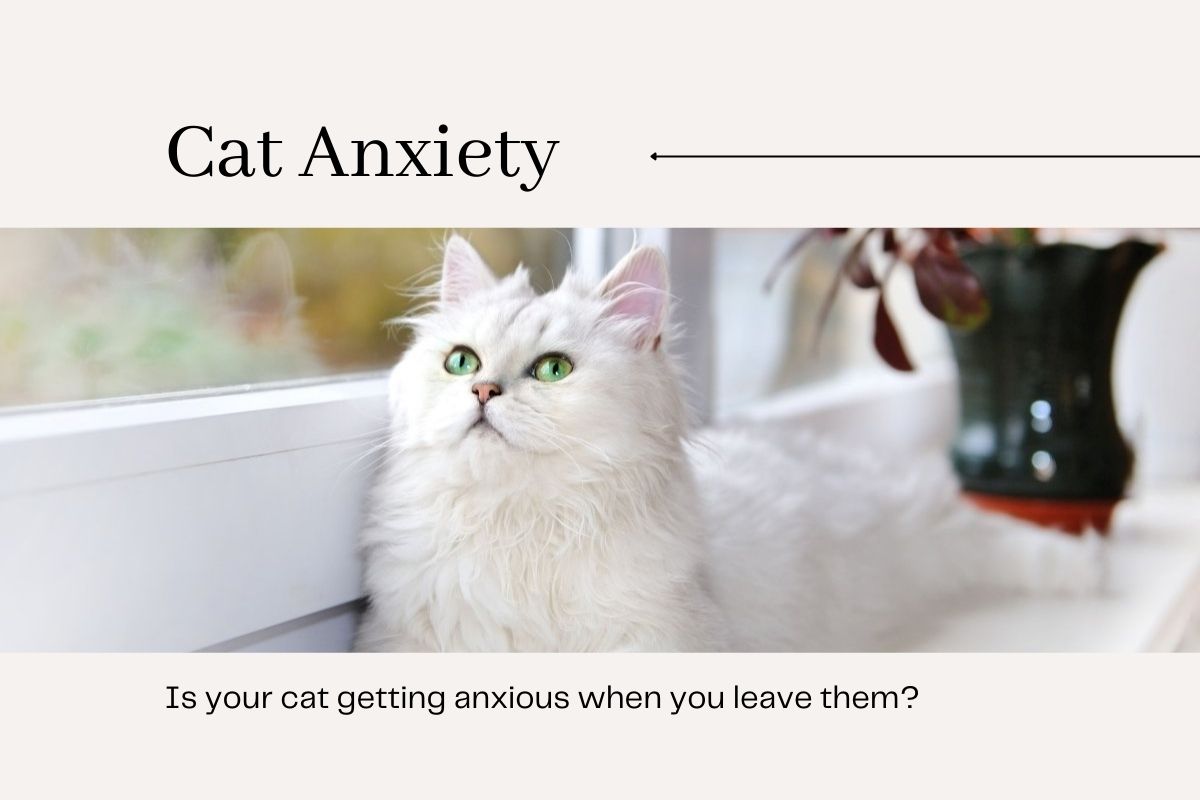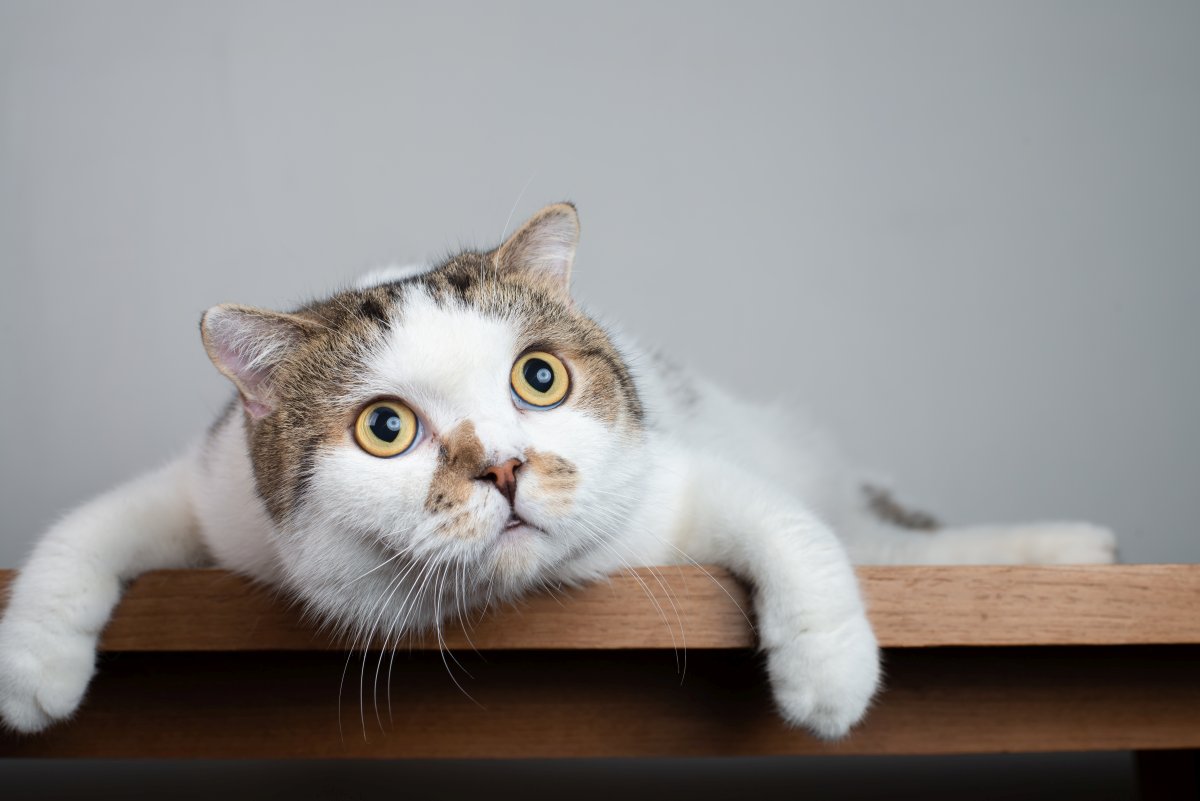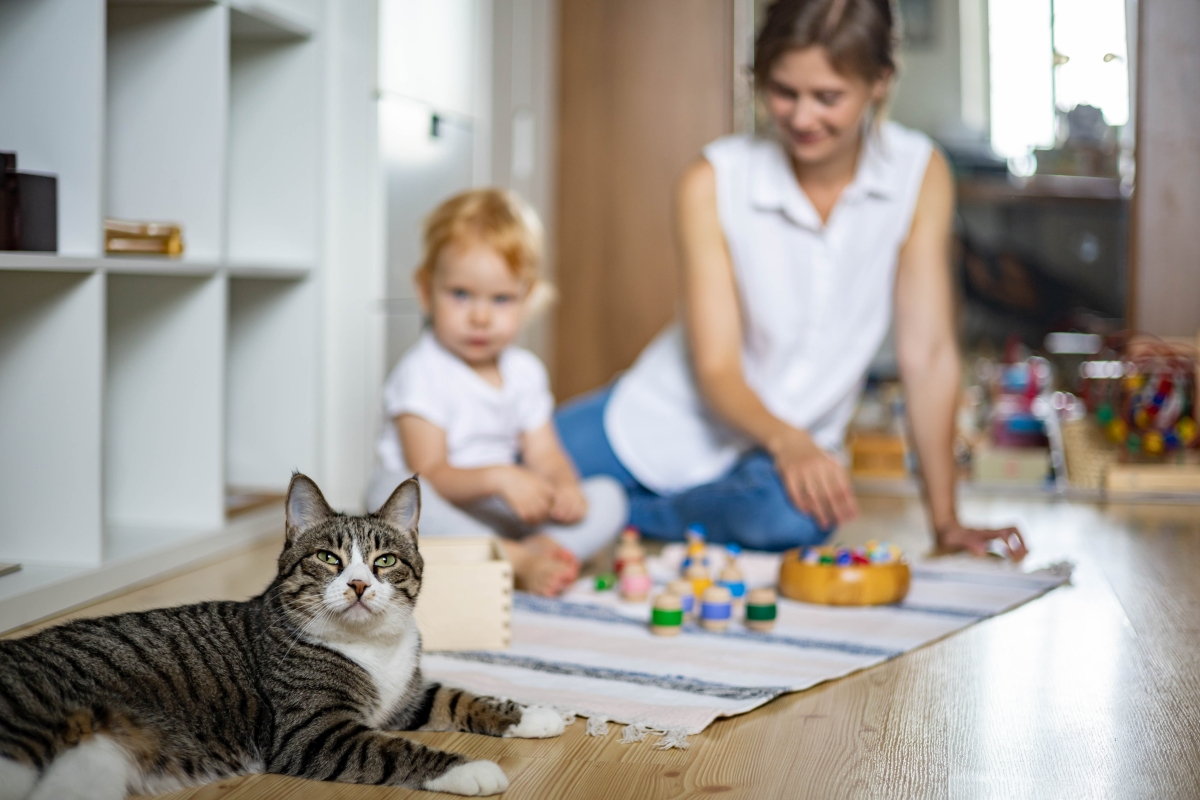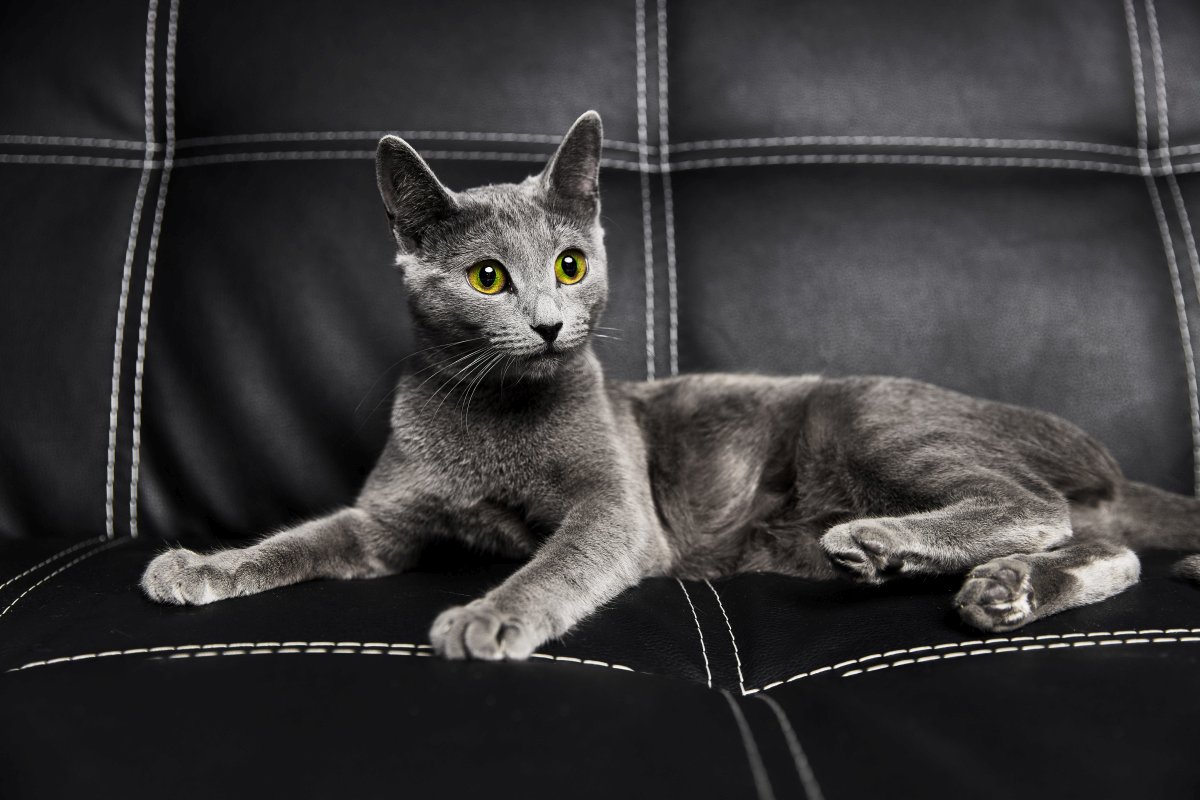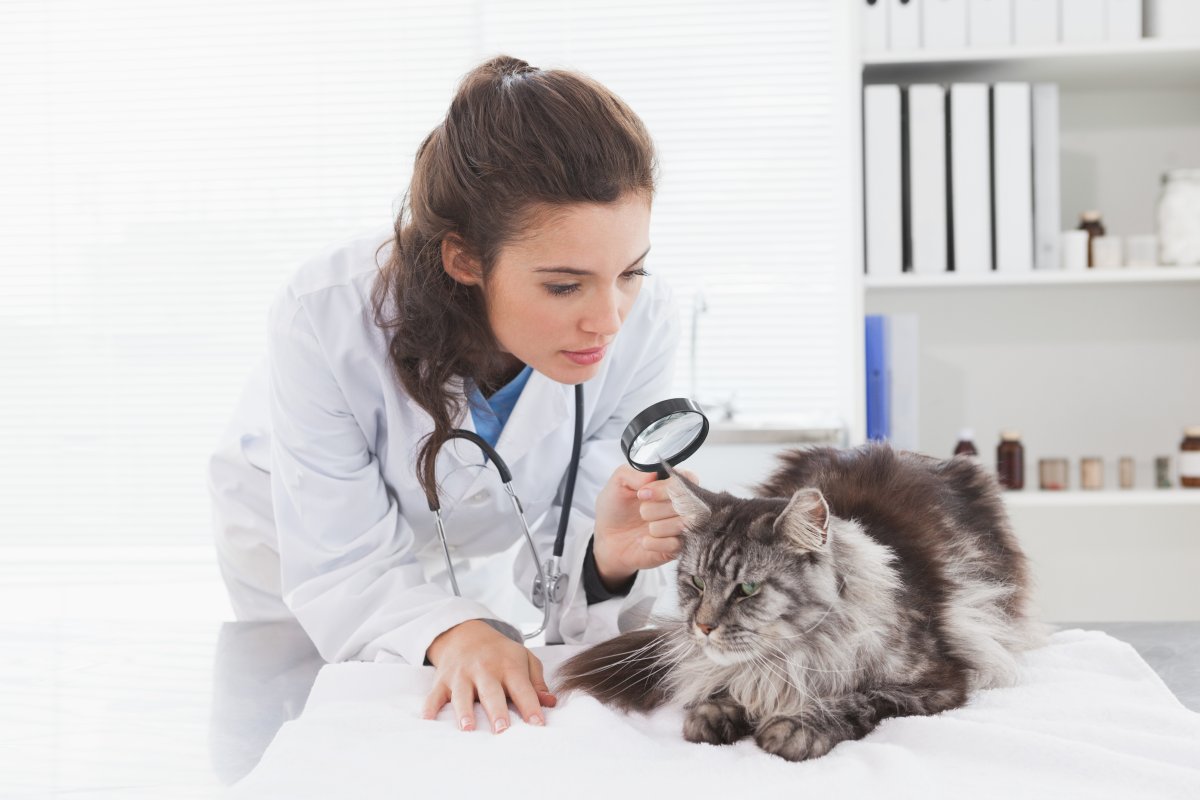Are you interested in knowing what exactly goes on in your cat’s brain when you are not at home? Are you concerned about leaving home an anxious cat when you come to work? If the answer to any of these questions is yes, then our guide is for you! This guide explores whether or not cats suffer separation anxiety when their owners are not at home.
We also investigate the symptoms of this behavior and what you can do to curb them. Trust us, separation anxiety can be a real issue for our feline friends, particularly if they are young and vulnerable.
Do cats feel anxiety when you leave them at home?
A lot of people think that cats are aloof, emotion-less animals. We admit that cats are not as expressive as dogs and will not come running up to greet you at the doorstep. Cats are often seen as demanding and want people to care for them rather than caring for people themselves.
However, let us tell you that nothing could be further from the truth! Cats are incredibly mature emotionally and can become extremely attached to their owners and the families they live with. They can become so attached that they feel nervous, anxious, and stressed when you are not around them.
So if you ever see your feline friend roaming about like an anxious cat, they may be behaving this way because you were away from them for too long.
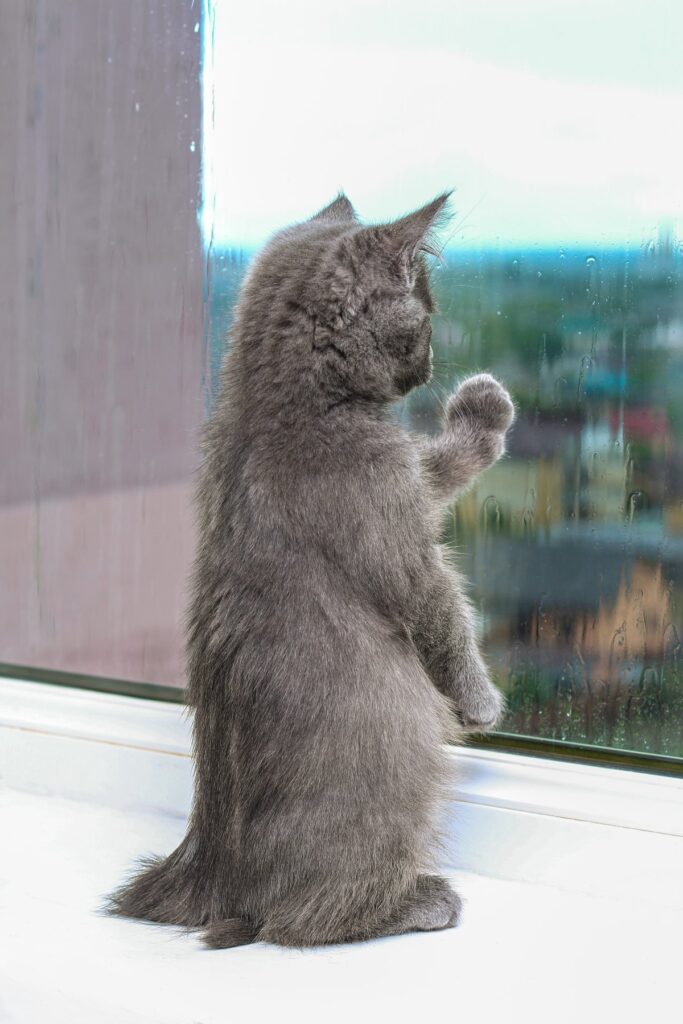
Why do cats get separation anxiety?
So, what can be the possible causes of stress for your anxious cat? Well, there are numerous reasons why you may have an anxious cat running about your house. The most common reason for this is that if you leave your cat alone for long periods, they can get stressed and worried while waiting for you to come back home. This is why you may be greeted by a fidgety, nervous, and anxious cat when you do reach home!
There are also other reasons why your cat may be showing symptoms of anxiety when you are not at home. For instance, if you are overly protective of your cat and cling to them all the time, your cat will naturally show anxiety when you do leave them. Another common reason why your cat may be showing these symptoms is because of their childhood.
If a cat has been re-housed several times or weaned early, it may not be highly confident in staying alone at home. These are the common reasons why cats suffer separation anxiety when they are away. While you can talk to a behaviorist to find out more about these issues and work on treating them, it is unlikely that you can identify the root cause behind these issues.
What are the signs of anxiety in cats?
There are some clear signs that anxious cats display when they get worried about being separated by you. These signs include common ailments such as diarrhea and vomiting. In addition, if your cat appears to be overly excited at seeing you when you come home, this could also be a sign that it was anxious during your absence.
Another common symptom of separation anxiety amongst cats is they stop using their litter box, especially when they feel too worried and stressed. This can be a real problem since you do not want your cat to be defecating and urinating all around your household! Moreover, if you feel that your feline friend is talking and meowing a bit too much, this could be a sign of separation anxiety.
This is because mowing is the most common way cats communicate with humans, and if they are using this sound too much, then this indicates that they want to tell you how much they miss you when you are not around.
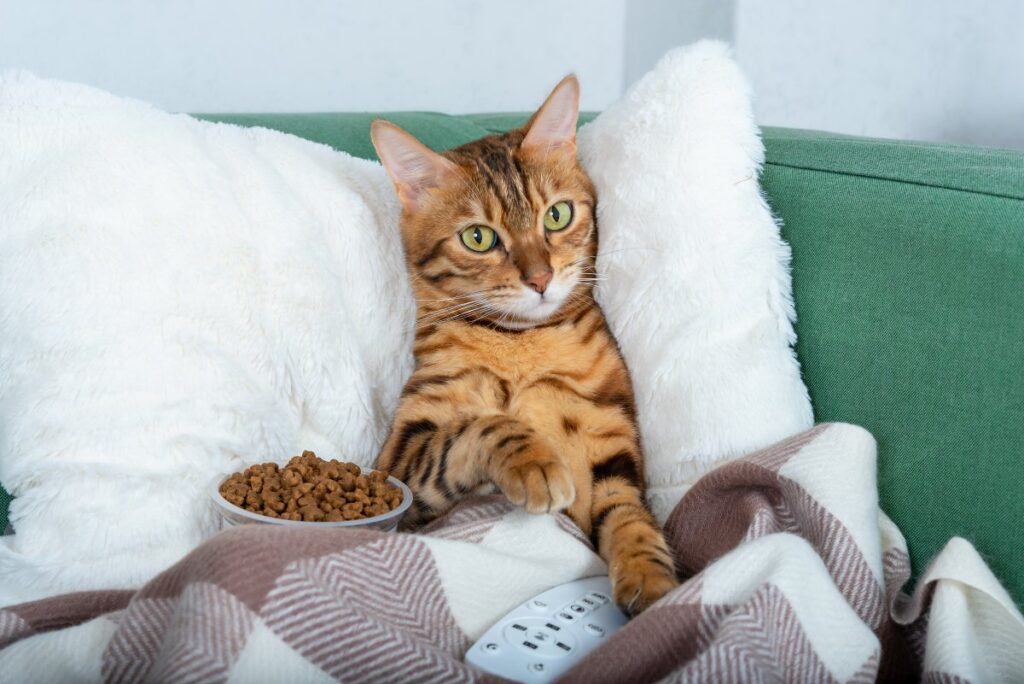
How can I reduce my cat’s anxiety?
If you see that your cat is stressed, it is instinctive to curb those cat anxiety symptoms. While we discuss the option of cat anxiety medication, there are several tips you can use before moving to medicines later on. For instance, try leaving the television or radio on when you leave so that the house does not feel too quiet.
You can leave home a range of play-alone toys that your anxious cat can play with within your absence. These tips will help take your cat’s mind off you, and the anxiety symptoms will also go down gradually.
Do cats need medication to manage anxiety?
Now that we know what an anxious cat behaves like, you might want to know what can be done to reduce their anxiety. After all, you can’t stay with your cat all day long. In most cases, your vet can recommend toys and activities for your anxious cat to play with so that it does not get too stressed in your absence.
However, if he sees that your cat is extremely stressed and anxious, he may recommend cat anxiety medication to alleviate the symptoms. However, do not administer these medications to your cat yourself since you do not know the exact dosage and type your cat needs.
Can the symptoms of anxiety mean something else?
Before ending this guide, we would like to give a word of caution to our readers. An anxious cat can be a symptom of the separation anxiety your cat suffers when you leave it alone for a long time. A lot of the cat anxiety symptoms mentioned above are also linked with symptoms of other diseases.
For example, over-licking and grooming could indicate parasitic infection, while not using the litter box could mean digestion problems. This is why if your anxious cat is displaying any of these signs, you should also see a vet to ensure that it is not due to some underlying disease.
Finally!
Having an anxious cat be worrying. However, we hope that our guide helped you understand the underlying causes of this and what you can do to reduce it. However, we would always recommend visiting the vet if the anxiety symptoms persist for an extended period since these could indicate a more severe problem.

